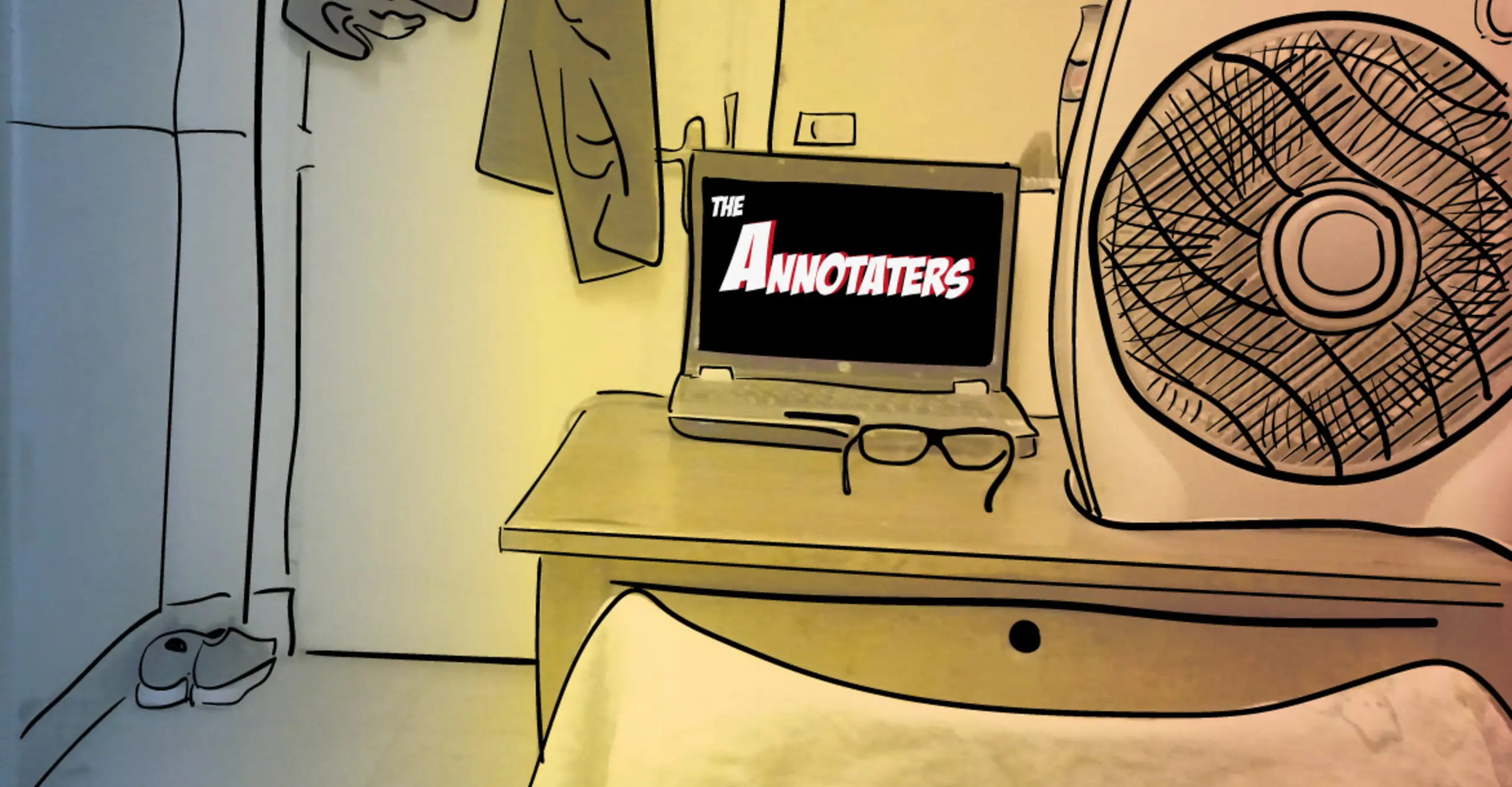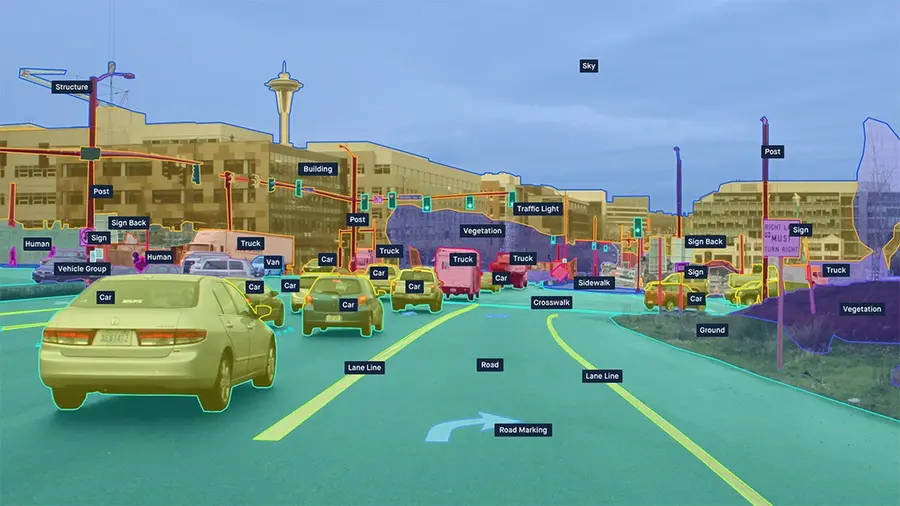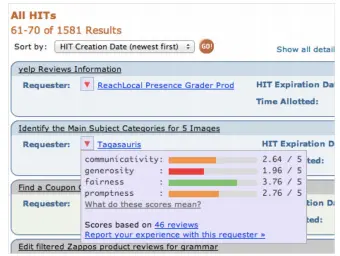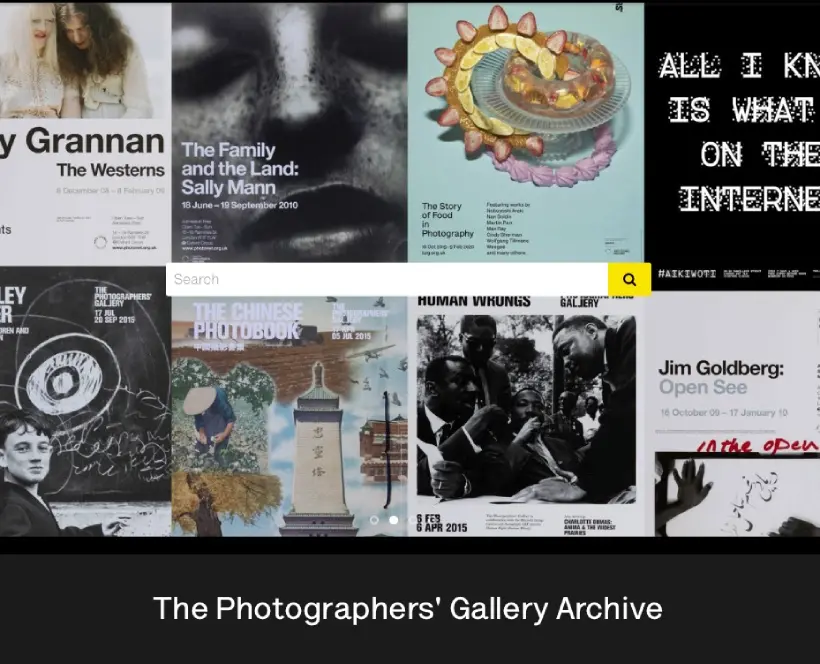The Future Is Here! is a new commission from artist and researcher Mimi Onuoha which examines the process of dataset creation.
In order to extract value from information, tech companies and researchers increasingly employ machine learning. This process requires huge quantities of data which have been labelled and tagged according to specific criteria. For example, in the case of machine vision, these systems have to be fed with massive quantities of manually annotated photographs to be able to identify patterns.
This ‘human work’ is usually crowdsourced through companies such as Mechanical Turk or Figure Eight who employ huge numbers of globally distributed workers who are paid small amounts to annotate the datasets that companies upload to their platforms. Without this tagging, labelling, and annotation work, the bulk of machine learning as it unfolds today would simply not be possible.
Consisting of a series of images and stylised interpretations of the spaces where top contributors on Figure Eight carry out their work, The Future Is Here! teases out the myth and reality of the labour behind machine learning.
The Future Is Here! An Interview with Mimi Onuoha
Biography
Mimi Onuoha is a Nigerian-American artist and researcher whose work highlights the social relationships and power dynamics behind data collection. Her multimedia practice uses print, code, installation and video to call attention to the ways in which people are differently abstracted, represented, and missed by digital systems. Her recent work includes In Absentia, a mixed-media solo exhibition that uses audio, visualization, and text to complicate assumptions about data through both its presence and absence; and A People’s Guide to AI, a comprehensive beginner's guide to understanding AI and other data-driven systems.
Resources
This work forms part of ‘Data / Set / Match’, a year-long programme at The Photographers’ Gallery focusing on the increasing role and effects of image datasets on society. Below are some further resources around technology, data and work.
Unevenly Distributed
Florian Schmidt follows the value chain of German car companies backwards, trying to figure out who is doing the image labelling in the ambitious (and potentially over-ambitious) goal of producing fully autonomous vehicles.
Read on Unthinking Photography
Encoding Class: Indian IT Workers in Berlin
Sareeta Amrute, professor of anthropology at the University of Washington, describes her research on the professional and private lives of highly skilled Indian IT coders in Berlin to reveal the oft-obscured realities of the embodied, raced, and classed nature of cognitive labor.
Turkopticon: Interrupting Worker Invisibility in Amazon Mechanical Turk
An academic paper offering an analysis of Amazon Mechanical Turk, arguing that human computation currently relies on worker invisibility.




